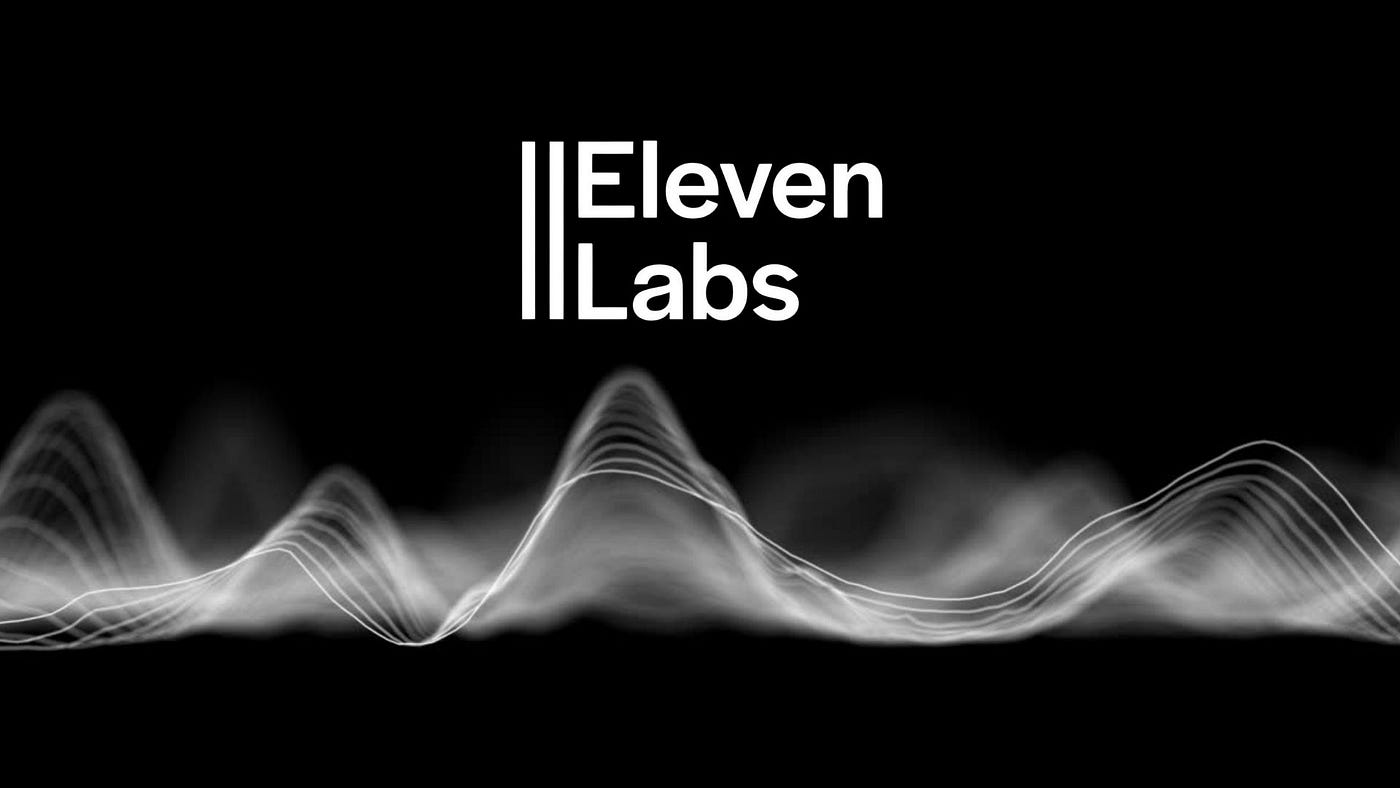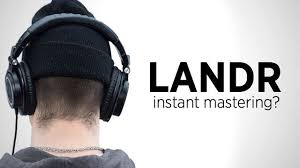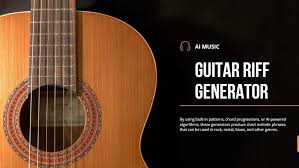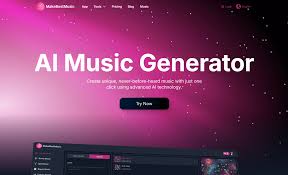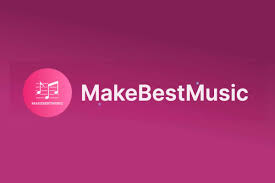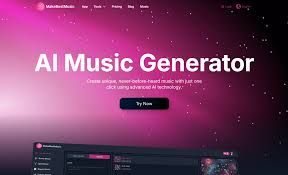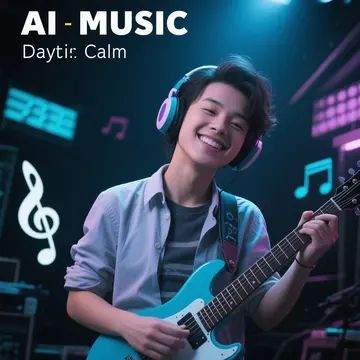Artificial Intelligence (AI) is no longer a futuristic idea in the music world—it’s actively reshaping how music is created, produced, distributed, and consumed. From AI-generated melodies to personalized listening experiences on platforms like Spotify and Apple Music, the influence of AI in music is widespread and rapidly growing.
But what exactly are the benefits of AI in music? Why are artists, producers, labels, and even listeners embracing AI-powered tools? In this blog, we’ll dive into the biggest advantages AI brings to the music industry, supported by real-world examples and innovations that are shaping the future of sound.

1. Music Creation Made Easy for Everyone
One of the most revolutionary benefits of AI in music is that it empowers non-musicians to create professional-quality songs.
Platforms like Suno, AIVA, and Amper Music allow users to generate original tracks by inputting simple prompts or selecting a mood or genre.
Example:
A creator can type “upbeat K-pop track with female vocals” into Suno, and within minutes, get a studio-quality song—no instruments or production skills needed.
This democratization of music enables anyone with a creative idea to bring it to life.
2. Boosting Music Production Efficiency
For professional producers, AI saves valuable time by automating repetitive tasks like:
Beat matching
Vocal tuning (e.g., Auto-Tune, Melodyne)
Drum quantization
Sound design and mastering
Tools like LANDR and iZotope Ozone use AI to master songs in minutes by analyzing the audio and applying industry-standard adjustments.
Result:
Producers can focus more on creativity and less on technical processing.
3. Personalized Music Recommendations
Streaming services like Spotify, Apple Music, and YouTube Music use AI to analyze your listening habits and create personalized playlists.
AI looks at:
Tempo, key, genre, and instrumentation of songs
Time of day you listen
Contextual data like weather or mood
Benefit:
Users get better song suggestions, while artists can reach the right audience faster.
4. Intelligent Music Search and Discovery
AI helps users find songs even if they don’t know the title or artist.
Popular tools include:
Shazam (identifies songs through audio fingerprinting)
SoundHound (lets you hum or sing to find a match)
Musiio (used by record labels to tag and sort massive song libraries by genre, mood, and style)
This enhances discoverability for creators and simplifies exploration for listeners.
Explore: Best AI Music Search Tools
5. Music Composition Assistance
AI doesn't just generate full tracks—it can also help co-write music.
For example, AIVA can generate orchestral themes, while Google’s MusicLM can create melodies based on text descriptions.
Artists often use AI for:
Melodic inspiration
Chord progressions
Arrangement suggestions
This makes songwriting faster, and often opens creative doors that wouldn’t have been considered otherwise.
6. Emotional and Mood Analysis
AI tools like Musico and Mubert can analyze the mood of music in real-time. This is useful for:
Sync licensing (e.g., matching the right track to a movie scene)
Game developers selecting in-game music based on player action
Wellness apps curating soundscapes for meditation or focus
Example:
Mubert generates AI music on-demand based on user-selected moods like “calm,” “focus,” or “inspired.”
7. Advanced Music Education Tools
AI is powering tools like Yousician, Moises.ai, and Chordify, which help learners identify chords, isolate vocals/instruments, and even practice scales in real time.
Advantages for learners:
Visual breakdown of complex songs
Real-time feedback
Adaptive practice suggestions based on skill level
AI turns passive listening into interactive learning.
8. Accessibility and Inclusion
AI makes music creation more accessible to:
People with disabilities (e.g., tools that generate music with voice commands)
Users in low-income communities (by removing the need for expensive instruments or software)
Creators who speak different languages (using AI-generated lyrics or multilingual vocal synthesis)
Example:
Voicemod AI and ElevenLabs Music help generate vocals in various languages and accents using text inputs.
9. Rights Management and Copyright Protection
AI helps labels and publishers track how music is used online.
Tools like:
YouTube Content ID
TuneSat
Audible Magic
...use AI to scan millions of videos and audio files to ensure artists get paid when their work is used.
10. Creative Experimentation and Innovation
From weird genres to unheard-of song structures, AI opens creative possibilities for musicians to experiment.
Notable Examples:
Holly Herndon uses AI voice modeling to create experimental vocals.
Grimes recently launched an AI vocal platform for fans to generate music using her voice, with royalty sharing.
Conclusion: AI Is Reshaping Music from Every Angle
The benefits of AI in music are massive—whether you're a hobbyist or a professional. From making song creation more accessible to optimizing music recommendations, AI is changing how we interact with sound at every level.
It’s not here to replace human musicians, but rather to enhance creativity, speed up workflows, and personalize listening like never before. The future of music isn’t just human or machine—it’s a powerful collaboration between the two.
FAQs About the Benefits of AI in Music
Q1: Can AI replace human musicians?
No. AI supports and enhances music creation but lacks human emotional nuance and artistic intuition.
Q2: Are AI-generated songs copyrightable?
Depends on local laws. In most regions, AI songs are treated as public domain unless there’s human input.
Q3: What genres work best with AI music tools?
AI excels in electronic, ambient, pop, lo-fi, and cinematic genres.
Q4: Can AI help me learn an instrument?
Yes. Tools like Yousician and Simply Piano use AI to provide real-time feedback and custom lessons.
Q5: Is AI music expensive?
Many tools are free or freemium. Platforms like Suno and Moises offer free versions with core features.
Learn more about AI MUSIC

